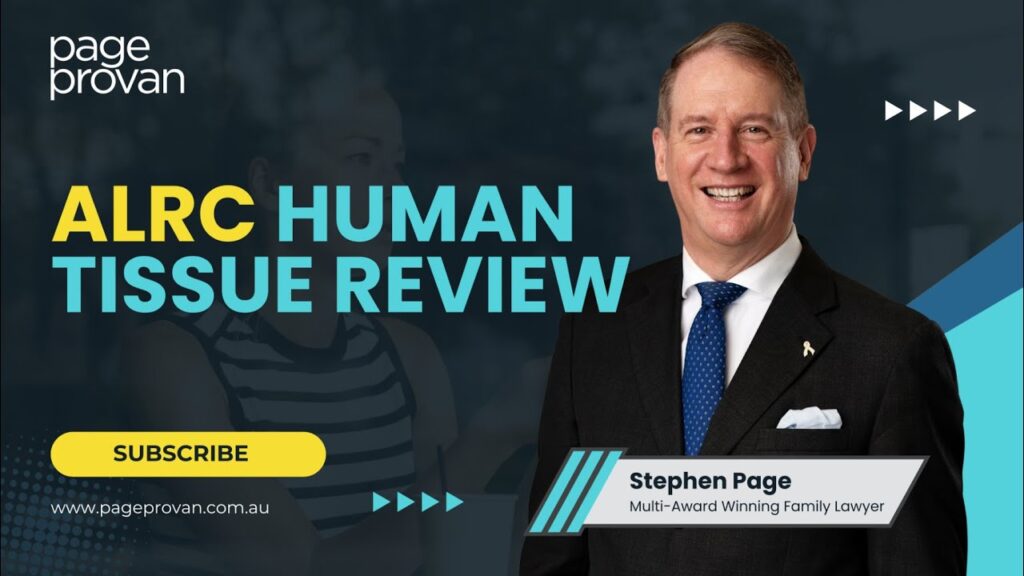Family and Federal Magistrates Courts protocol for division of work
The Chief Justice of the Family Court and the Chief Federal Magistrate published a protocol on 29 January 2010 for the division of work between the two courts:
The Chief Justice and the Chief Federal Magistrate have published this Protocol for the guidance of the legal profession and litigants, so as to enable matters to be directed properly to the court appropriate to hear them. The Protocol may on occasions give way to the imperatives of where a case can best be heard and is not intended to constrain the discretion of a judicial officer having regard to the applicable legislation and the facts and circumstances of the case before him or her.
If any one of the following criteria applies, then the application for final orders ordinarily should be filed and/or heard in the Family Court of Australia (“FCoA”), if judicial resources permit, otherwise the matter should be filed and/or heard in the Federal Magistrate Court (“FMC”).
1. International child abduction.
2. International relocation
3. Disputes as to whether a case should be heard in Australia.
4. Special medical procedures (of the type such as gender reassignment and sterilisation).
5. Contravention and related applications in parenting cases relating to orders which have been made in FCoA proceedings; which have reached a final stage of hearing or a judicial determination and which have been made within 12 months prior to filing.
6. Serious allegations of sexual abuse of a child warranting transfer to the Magellan list or similar list where applicable, and serious allegations of physical abuse of a child or serious controlling family violence warranting the attention of a superior court.
7. Complex questions of jurisdiction or law.
8. If the matter proceeds to a final hearing, it is likely it would take in excess of four days of hearing time.
Note: The FCoA has exclusive jurisdiction in relation to adoption and the validity of marriages and divorces.
Transfers
1. Either Court on its own motion or on application of a party can transfer a matter to the other Court.
2. There is no right of appeal from a decision as to transfer.












